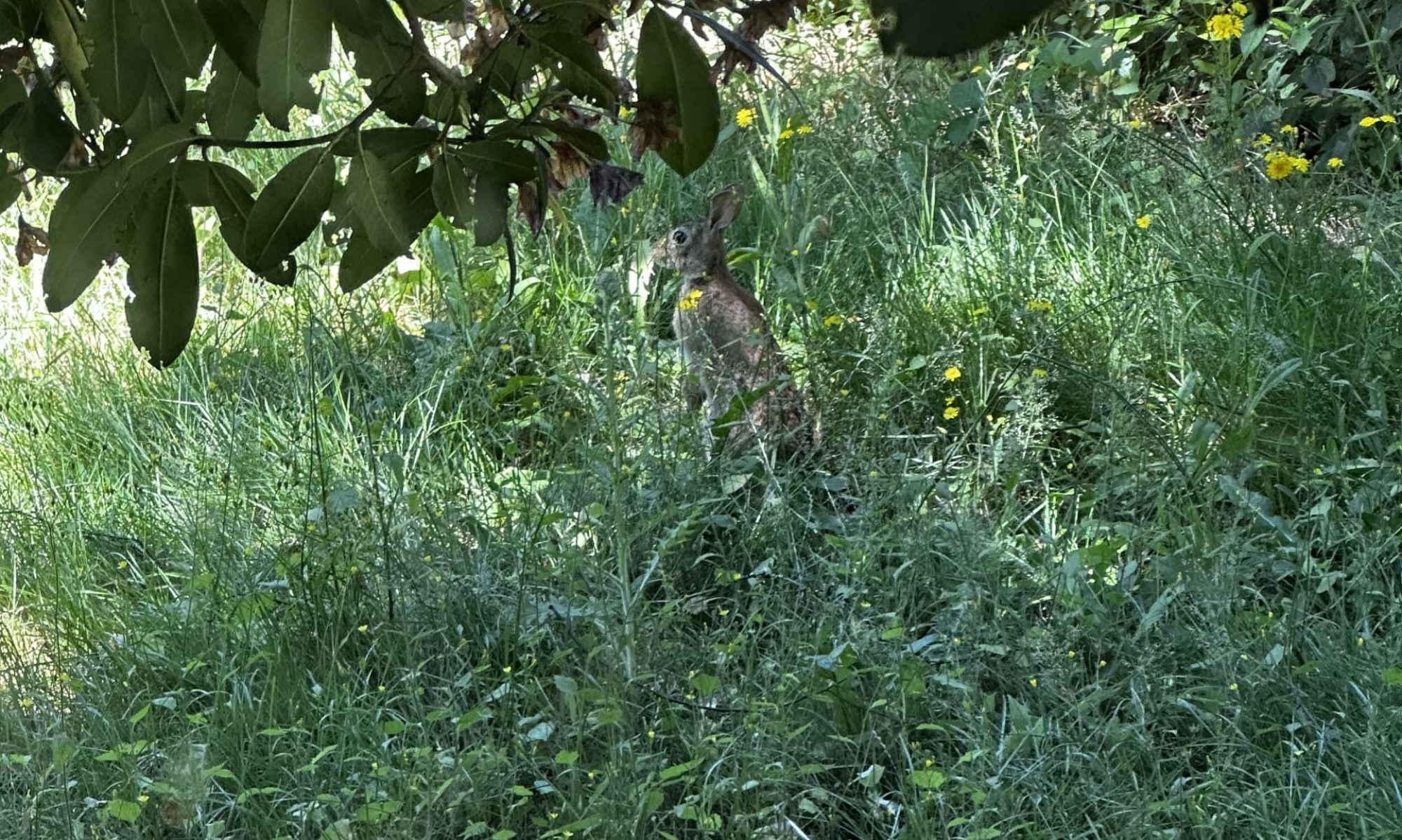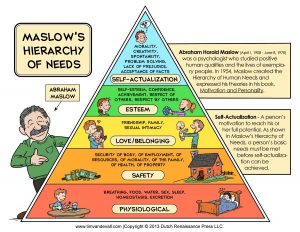Revolution and rebellion and disruption looks like many things. Sometimes its work out in the world and sometimes its that inner work of unearthing, examining, dismantling and dislodging.
Most Monday afternoons I go to see my therapist. She specializes in two particular modalities of trauma therapy, which is why I chose her. To process and dislodge both some relatively recent traumatic events with my kids, and to process my own various childhood traumas.
For the first year plus, every time I sat down on her couch she asked if I want to do one of the two modalities. I would invariably tell her, No. No I do not. Because this particular form of trauma work, while gentle in many many ways, is also intensely uncomfortable. I literally feel the trauma shifting in my body and it creates a type of dissonance under and on my skin that is… well, uncomfortable.
It isn’t icky feeling or unbearably painful. It is simply not a pleasant sensation. At all.
And so no, No I did not want to do that. Because really, who would intentionally sit there in this intentional physical, emotional and psychological discomfort for 20-40 minutes at a stretch.
Anyhow, I would say my no, we’d laugh, talk about the short game of avoidance and the long game of actually dislodging this shit from my body. We’d do some breath work, I would get present and then I say, okay, let’s do this work.
And we’d do the work and it’s uncomfortable and things would shift and sometimes I *felt* emotions and sometimes I cried and sometimes I’d get an intense pain in a particular part of my body and we;d get curious about it then sometimes I would feel even more emotions and so it goes until I would say it’s time to stop. And we check in with that No More and see if it’s short game saying “I’m uncomfortable and I DON’T WANNA” or if I really have reached my capacity of processing for the day. And so it goes.
In the last six months or so, this has shifted. Now when I walk in I state straight away “I want to do the trauma work” or “I need a lot of time to talk today.” We don’t need to have discussions about avoidance. The work, while uncomfortable, is now something I am more than willing to tolerate because I have seen for myself some of the short and long term benefits of the work.
My point however is that being uncomfortable isn’t fun. Not for me, and really probably not for anyone. By definition, being uncomfortable is NOT enjoyable. And for most of us, in our short game of fear or shoving it down or not wanting to deal or feel, we avoid discomfort like the plague.
Here’s a thing though: we need to remember our Long Game. What our real intentions for being in the world are. What do we have to do to make it happen.
I’m doing my own trauma processing and dislodging for a variety of reasons, many of them about other people (like my kids). But the real, the core reason I’m dealing with my own shit is because I don’t want to ever be frozen in front of a TV screen unable to move as a sexual predator stalks about ever again. I don’t want to ever be frozen in inaction again. I want to be able to move and act and roar and fight.
And, well, I also need to walk my talk. Because I invite all of you to sit in your uncomfortable feelings, to push outside your own comfort zone, to learn that even if we *feel* our our emotions and their physiological sensations or make mistakes or feel uncomfortable because we are challenging our racist uncle at the family feast or defending a boundary with our mother while visiting, we *will* survive. And we may even learn a little bit about selves in the process.
In the all the work I do, facilitating groups and individual work, I invite the participants to push themselves outside their own comfort zones. To become curious as to why they don’t want to “go there.” To expand, contract, then expand a bit more. I always offer tools to help titrate or process or soothe, as needed. And then, when ready enough, we bravely push out into discomfort again, get curious again, ask the whys and start to unravel all the stories that have kept us stuck and small and frozen.
Because I deeply believe that we have remained frozen for far too long. And I deeply believe all of us are carrying trauma in our bodies, be it the trauma of our own lived experience or the trauma passed down to us through our ancestors and in our DNA.
Our trauma impacts us in many ways. It impacts our ability to set boundaries and know our consent. It impact how we relate to other people, and especially as women how we relate to other women.
This is why I do the work I do.
This is why I offer the TIE™ for Sexual Trauma group each year.
Why I work with the individuals I do.
Why I continue to do my own work of unraveling and dislodging and learning.
Because while there is the macro work out in the world of tearing this shit down, we will never build something new and different until we do our own inner work of dismantling and dislodging.
In rebellious solidarity, always.
xoox

